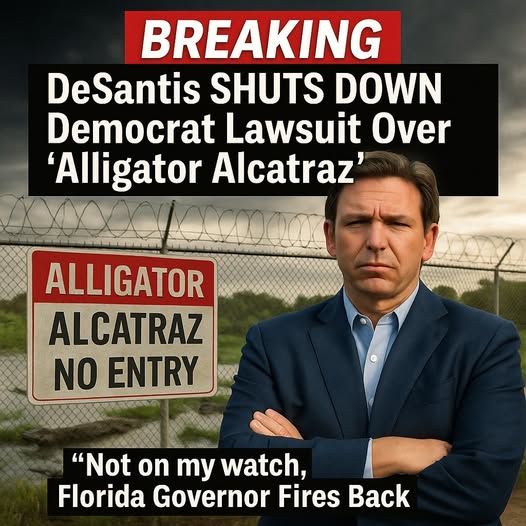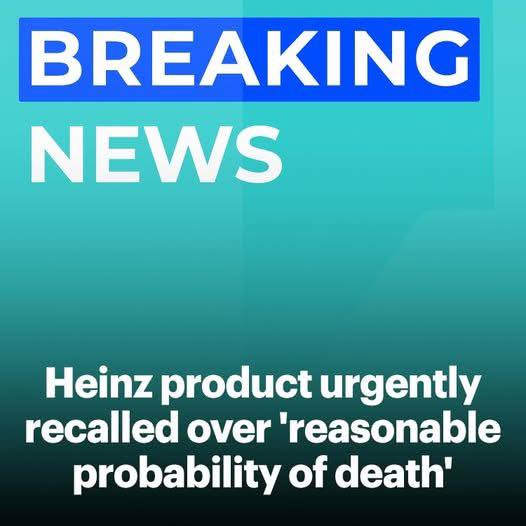
Florida Governor Ron DeSantis is once again at the center of a national conversation—this time over access to a remote facility used for immigration processing, informally referred to by some as “Alligator Alcatraz.”
The site, located in a secluded swamp area, has drawn attention from lawmakers and advocacy groups who have raised concerns about transparency. A group of Democratic legislators recently filed a lawsuit seeking entry to inspect the facility, citing questions around oversight and the treatment of individuals held there.
Governor Responds
At a press conference on Friday, Governor DeSantis responded to the legal challenge, defending the state’s decision to restrict access. He stated that operational secrecy is necessary to ensure public safety and prevent criminal activity, particularly related to human trafficking. The governor emphasized that the facility operates within state and federal guidelines.
A Growing Legal and Ethical Debate
Critics of the restricted access argue that oversight is essential in any facility dealing with immigration, to ensure humane treatment and compliance with the law. They warn that limiting independent review could raise concerns about due process and accountability.
Supporters of the governor’s position, however, argue that strong measures are necessary to protect state borders and maintain security, particularly in high-risk regions.
Next Steps
The lawsuit is ongoing and may ultimately require a federal court decision to determine whether outside observers, including lawmakers and watchdog organizations, can access the facility.
A National Conversation
This case has sparked debate across the political spectrum, touching on broader issues of immigration policy, state authority, and the balance between security and transparency.
What do you think: Is this a matter of safeguarding public safety—or should access be granted for oversight?
Join the discussion in the comments.



